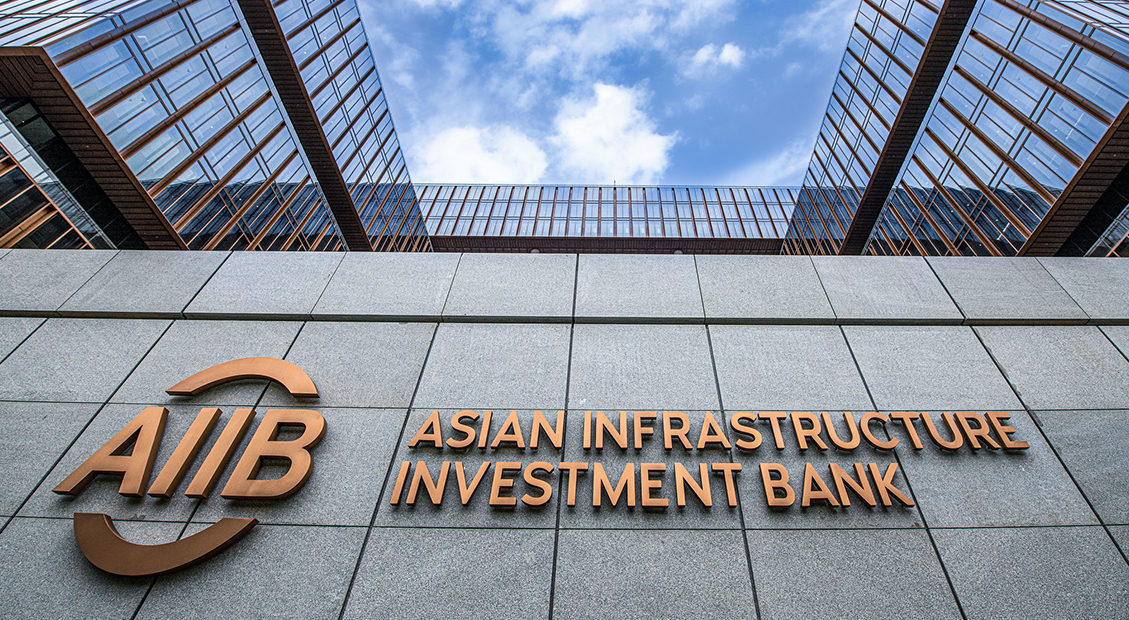- 17.11.2022
- Rights & Accountability
- Array
JOINT STATEMENT
AIIB Loans to Cambodian Microlenders Risk Worsening a Human Rights Crisis
17 November 2022
We, the undersigned civil society organisations in Southeast Asia and Europe, decry the Asian Infrastructure Investment Bank’s (AIIB) approval of US$175 million in financing to Cambodian microfinance institutions, despite years of widespread public reporting on human rights violations in the sector.
AIIB, a multilateral investment bank with 105 members including Germany which holds significant shares, chose to begin financing two Cambodian microlenders the same month that the IFC’s Compliance Advisor Ombudsman accepted a complaint alleging that the IFC’s investments in those same microlenders and others are linked to predatory lending and abusive collection practices.
These loans are, according to publicly available information, AIIB’s first investments in Cambodia’s microfinance sector. In April 2022, AIIB approved a loan of US$75 million to Prasac Microfinance Institution Plc (Prasac) to increase lending to micro, small, and medium sized enterprises (MSMEs). That same month, in a span of just 15 days, the AIIB also hurriedly disclosed and approved a loan of US$100 million to ACLEDA Bank Plc (ACLEDA) to expand its MSME lending.
It is disappointing that the AIIB chose to begin investing in Cambodia’s microlending sector at a time of heightened scrutiny, as credible reports from CSOs, journalists and investor-funded research has found widespread land dispossession, loss of livelihood, health impacts, loss of land belonging to Indigenous Peoples, food insecurity, and child labour.
Microfinance providers in Cambodia regularly require land titles to be pledged as collateral, a practice that has been criticised as “unethical” and largely creating “a homelessness project.” Both microlenders chosen by AIIB report more than 90% of their loan portfolio is collateralised.
A recent study commissioned by the German Ministry for Economic Cooperation and Development (BMZ) substantiated years of reporting from civil society groups in Cambodia, finding that the country’s microfinance sector has resulted in an “alarmingly high” and “unacceptable” number of debt-driven land sales, at the astonishing rate of one land sale every 16 minutes for the last five years.
These harms are unreported under the financial institutions’ existing environmental and social risk management systems (ESMS) – a significant shortcoming that should concern the AIIB, particularly as it forms the basis of the IFC complaint, and given similarities between AIIB and IFC frameworks.
The approval of these projects shows a clear failure of AIIB’s due diligence. These concerns were raised to the AIIB during its annual meeting by various civil society organisations, yet there has been no public, substantive response from management regarding how it will proactively address these problems. Reforms are needed in Cambodia’s MFI sector prior to any new investments to ensure borrowers’ humanrights are respected, including:
- Land titles held as collateral for microloans must be returned to their owners;
- Victims harmed by predatory lending and collection practices must be compensated;
- Potential new investors such as the AIIB must assess their existing due diligence procedures and
environmental and social frameworks, in consultation with stakeholders, to account for and
resolve deficiencies in identifying, mitigating and preventing negative social impacts in unique
markets such as Cambodia’s microfinance sector.
Without these reforms, investments in Cambodia’s microfinance sector risk intolerable collateral damage.
For more information, please contact:
Eang Vuthy, Executive Director of Equitable Cambodia, on Signal at (+855) 12 791 700 (English and Khmer)
Pilorge Naly, Outreach Director of LICADHO, on Signal at (+855) 12 214 454 (English)
Am Sam Ath, Operations Director of LICADHO, on Signal at (+855) 10 327 770 (Khmer)
This joint statement is endorsed by:
1. Cambodian League for the Promotion and Defense of Human Rights (LICADHO)
2. Equitable Cambodia (EC)
3. FIAN Germany
4. Just Finance International
5. NGO Forum on ADB
6. Recourse
7. Stiftung Asienhaus
8. Urgewald e.V.

